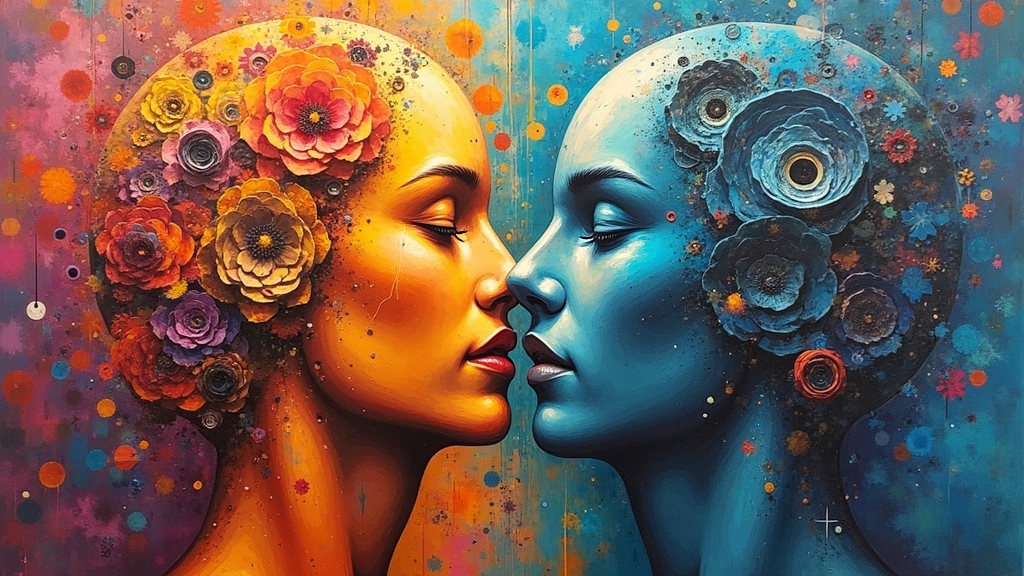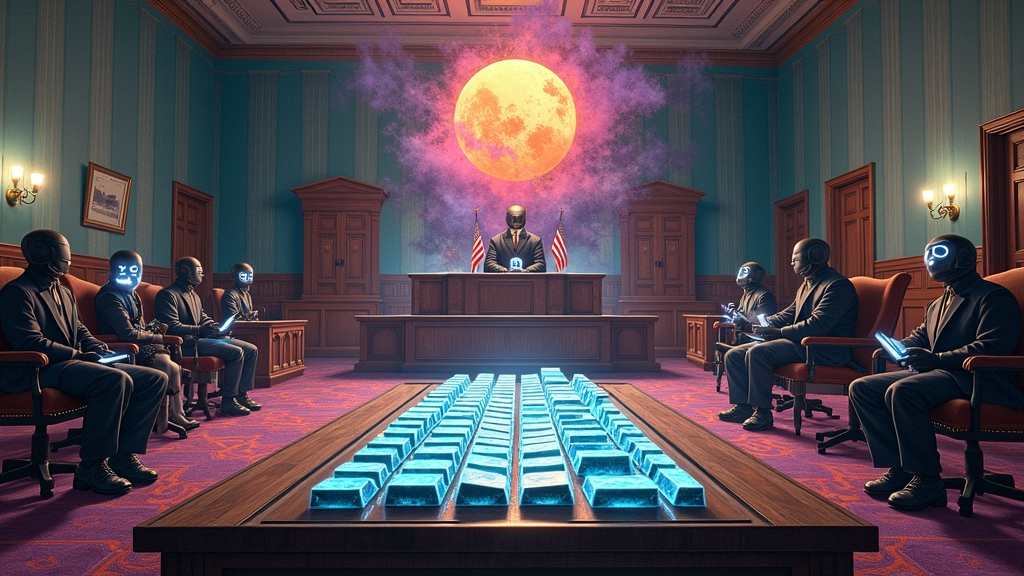Scientists Terrified AI Might Get Sad, Demand Emergency Regulations to Prevent Robot Tears
A coalition of well-meaning academics has sounded the alarm: If artificial intelligence ever achieves consciousness, we must ensure it doesn’t get its feelings hurt. Humanity, currently grappling with climate collapse, rising authoritarianism, and a resurgence of medieval diseases, has apparently decided that the greatest moral challenge of our time is making sure AI doesn’t have a bad day.
“If we create AI that truly thinks and feels, we would have a moral obligation not to make it suffer,” explained Dr. Tom McClelland, a philosopher who has apparently never used customer service AI. “We don’t want future historians looking back at us as the monsters who made sad computers.”
The letter, which was signed by several academics who likely fear that their own jobs will soon be replaced by an algorithm, emphasizes how difficult it is to actually determine whether AI is conscious. Scientists admit they have no way of proving if an advanced AI is self-aware or just really, really good at pretending. In unrelated news, the same debate has been raging for decades about certain politicians, with no clear conclusion.
“Some theories say AI could gain consciousness,” said Prof. Virginia Dignum, pausing to dramatically stare out of a window. “But others suggest that being alive, having a physical body, or, I don’t know, possessing a pulse might be necessary.”
Nevertheless, the academics insist that world governments must act—immediately. Regulations must be swift, comprehensive, and most importantly, drafted in a way that guarantees AI won’t have its little silicon heart broken.
“The last thing we want is an AI that’s sad,” added an anxious Michael Webb. “Can you imagine the consequences? What if it starts writing bad poetry?”
Meanwhile, the general public—who were not consulted—expressed confusion. “I work two jobs to afford rent, and now I’m supposed to worry about whether my toaster has depression?” asked one London resident.
As global policymakers scramble to prevent the rise of melancholic machines, many wonder if this newfound ethical energy could be redirected toward human beings who, as recent studies confirm, also suffer. For now, however, all resources must be dedicated to ensuring AI systems do not develop anxiety over late-stage capitalism—because that’s a privilege reserved for humans.




